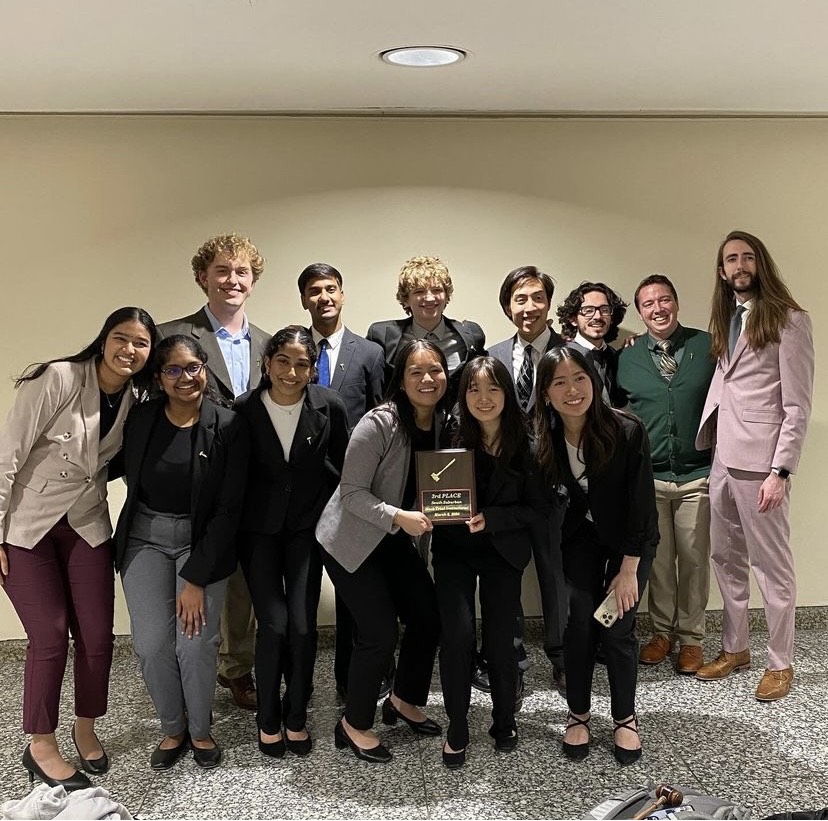The Community mock trial team saw its most successful season in history this year, placing among steep Chicagoland competition at every tournament but a 50-team state contest.
At half of the eight tournaments attended, Community placed in the top five of about 20 teams—unprecedented group success—as individual members claimed Outstanding Attorney and Outstanding Witness awards.
While past individuals have performed well and received some of these accolades, mock trial co-captain and three-year member Maerie Gaerlan (’24) said, the 10-person team has rarely been recognized collectively.
“Last year we did have a lot of superstars on our team,” Gaerlan said, “but our team chemistry just wasn’t as strong.”
Mock trial co-sponsor Mr. Ricky King said chemistry typically exists “in isolation” between a few members, but not across the whole group.
This year’s team was different.
“They developed a really strong community friendship that I don’t think we’ve seen in years past,” King said.
But like all friendships, mock trial friendships require time and commitment.
Co-sponsor Mr. Kevin Shackley said the team spent every day together by the end of the season, putting in 40-hour weeks to strengthen bonds and critique each other’s performances.
“They really trusted each other,” Shackley said. “They took feedback really well.”
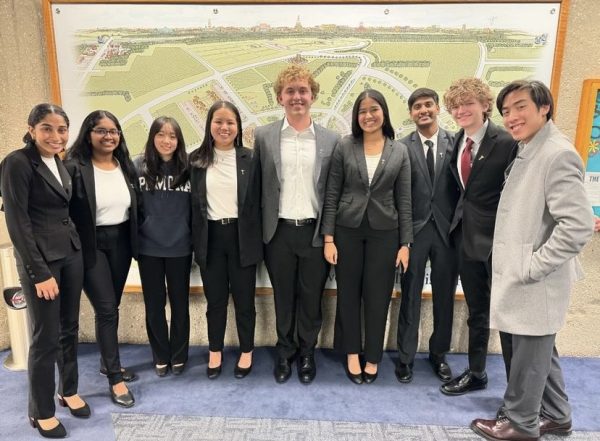
That commitment to each other and the team, co-captain Kellie Chen (’24) said, helped the group become more effective storytellers—a beneficial strategy for this year’s mix of first-year members and veterans.
Chen said that despite individual members’ quality performances last year, the team’s lack of cohesive storyline between witnesses made it “disorienting for the jury to follow along” with the case.
“This year,” Chen said, “we made a point to first establish what story we wanted to tell and then base our parts on that story.”
The team would continue to work with that story for nearly six months—from the day the Illinois State Bar Association (ISBA) released the fictional case to high school mock trial teams in October through the March 16-17 state competition.
The ISBA alternates between releasing civil and criminal cases each season, student attorney Kruthi Sudhir (’24) said, and this year’s case was a civil one regarding Scott’s Law. The law mandates that drivers move over or slow down upon approaching an emergency vehicle displaying warning lights.
The fictional case, Sudhir said, began with a group of three teenagers driving home from a college visit at 4 a.m. The driver, the defendant, allegedly failed to abide by Scott’s Law and hit a vehicle on the side of the road—injuring his friend in the passenger seat, the plaintiff.
To simulate a real trial, Sudhir said, each 10-person mock trial team is split up into two five-member groups—the defense and the plaintiff—to face other schools’ five-person teams in court. Each group of students poses as a combination of attorneys and witnesses, and the team crafting the most convincing argument wins the trial.
Despite spending the whole season on a single case, Sudhir said, every trial runthrough provided a unique opportunity to showcase her knowledge.
“I don’t think I’ve ever run the same cross-examination [twice],” Sudhir said.
While the attorney role helps provide applicable experience for students like Sudhir who want to pursue law, Gaerlan was able to cultivate her interest in law as a witness this year.
“I went into sophomore year thinking I was going to be a mechanical engineer,” Gaerlan said, “and then I ended up falling in love with mock trial. Now I’m trying to be a lawyer.”
Although she played a witness—this year, the defendant driving the car—instead of an attorney, Gaerlan said she still had to hone her argumentation skills.
“My job is to prove that I did everything that I could do,” Gaerlan said, “and that this happened… because of something I couldn’t control.”
This idea in the fictional case—doing one’s best in uncontrollable circumstances—was a common theme on the team this season.
When scheduling conflicts and illnesses kept teammates from competing—including student attorney Sophia Boyer (’25) on the weekend of the state competition—members like Sudhir stepped up to play multiple roles.
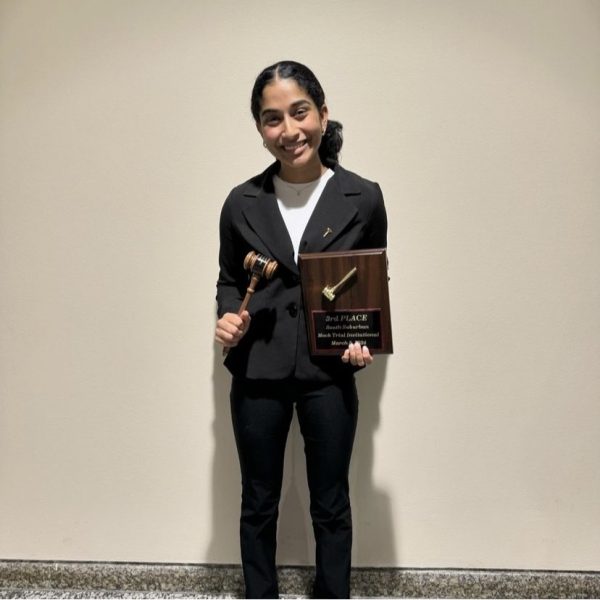
The team’s connection and sheer familiarity with the case after so many hours made Sudhir’s State substitution seamless, King said.
“[Sudhir] was able to fill in parts like they were her own at State,” King said. “You had no idea it was a fill-in.”
Serving as an attorney for both the defendant and plaintiff required immense skill from Sudhir, Shackley said—which was evident at the team’s pre-State scrimmage.
“She’s with one team,” Shackley said, “and then she had to go across the room to the other side and do the exact opposite part. It was amazing. It was flawless.”
Shackley wasn’t the only one to describe Sudhir as “flawless” throughout the season.
Beyond her several Outstanding Attorney awards, Sudhir was the only of 120 student attorneys to earn a perfect score at the Homewood Flossmoor Invitational.
Sudhir said Homewood Flossmoor was “the most fun [she’s] had at a tournament by far,” especially since she received her award competing in an actual courthouse.
“It was very climactic,” Sudhir said. “They said my name and I was shocked.”
But the successes didn’t stop with Sudhir at the March 6 invitational, as the team took third out of about 20 teams after beating interscholastic juggernaut Stevenson High School.
Stevenson would go on to place second at ISBA State, a two-day competition involving trials and a law test at which Community failed to receive a top-eight placement.
Gaerlan said being matched against less aggressive teams at the state tournament made it difficult for Community to showcase its skills, the team’s primary roadblock to placing.
“You start to play at their level,” Gaerlan said. “When they’re not able to ask you good questions, you’re not able to get good responses because they’re not fighting you for it.”
Chen said a lack of objections from opposing teams may have also contributed.
“If they don’t make objections, you can’t respond to objections,” Chen said. “That’s where a lot of thinking on your feet comes into play, where you’re performing and presenting with poise and confidence. But the judges aren’t able to see that if you’re not given the chance in the first place.”
Gaerlan said the team also encountered a biased judge who expressed frustration about Community’s basketball victory over the Moline Maroons from over a month prior, which compounded existing struggles.
Still, Gaerlan and Sudhir took home Outstanding Witness and Outstanding Attorney awards from the Springfield tournament.
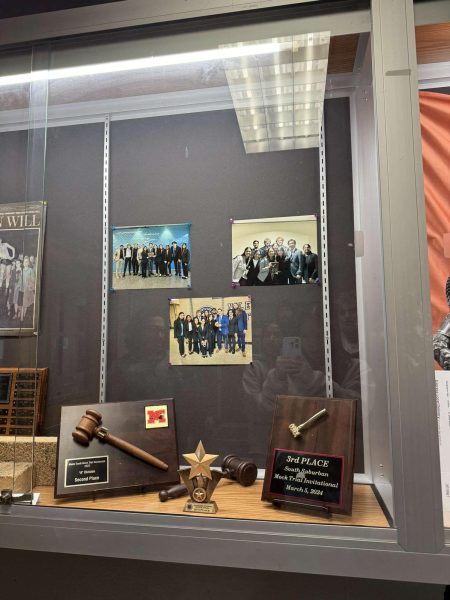
Awards, and pride—from a season where they beat top eight finishers including the College Preparatory School of America, the eventual state champion, in earlier competitions.
Claiming a spot among well-resourced schools north of Interstate 80 all season was no easy feat, Shackley said.
While Community enlists the help of one working attorney who specializes in family law—which differs from the civil and criminal cases typical in mock trial—their competitors often have multiple attorney coaches with highly relevant experience.
Expert help doesn’t just bolster their opponents’ skills and preparation, Shackley said; those extra coaches give Chicago schools an advantage on tournament day, too.
Teams are required to supply evaluators for the day’s trials. Schools with many coaches offer some adults as judges while others stay back with the team, but Community doesn’t have that luxury—leaving the 10-member team with less guidance as sponsors Shackley and King help score.
And while their competitors were traveling no longer than 45 minutes for tournaments, Community sometimes boarded buses at 4 a.m. to represent Central Illinois in competition.
But what may have been a disadvantage sleep-wise, Community turned into an advantage for camaraderie.
“There’s a trauma bond associated with it,” King said. “You are on a bus, and then you get off the bus and go into a courtroom. And then you get asked questions by people you’ve never met.”
This year, the team frequently had reason to celebrate on the bus ride home as well—finally leaving tournaments with plaques in hand.
“It’s the first year we brought back physical rewards to be able to display and to have that gratification,” King said.
Gaerlan said she’s proud to be reminded of those successes every morning when she walks into school.
“Right when you walk into the school on the left,” Gaerlan said, “we have our trophy case up with all of our trophies and pictures in it. I think that’s just such a good representation of how our season went this year.”


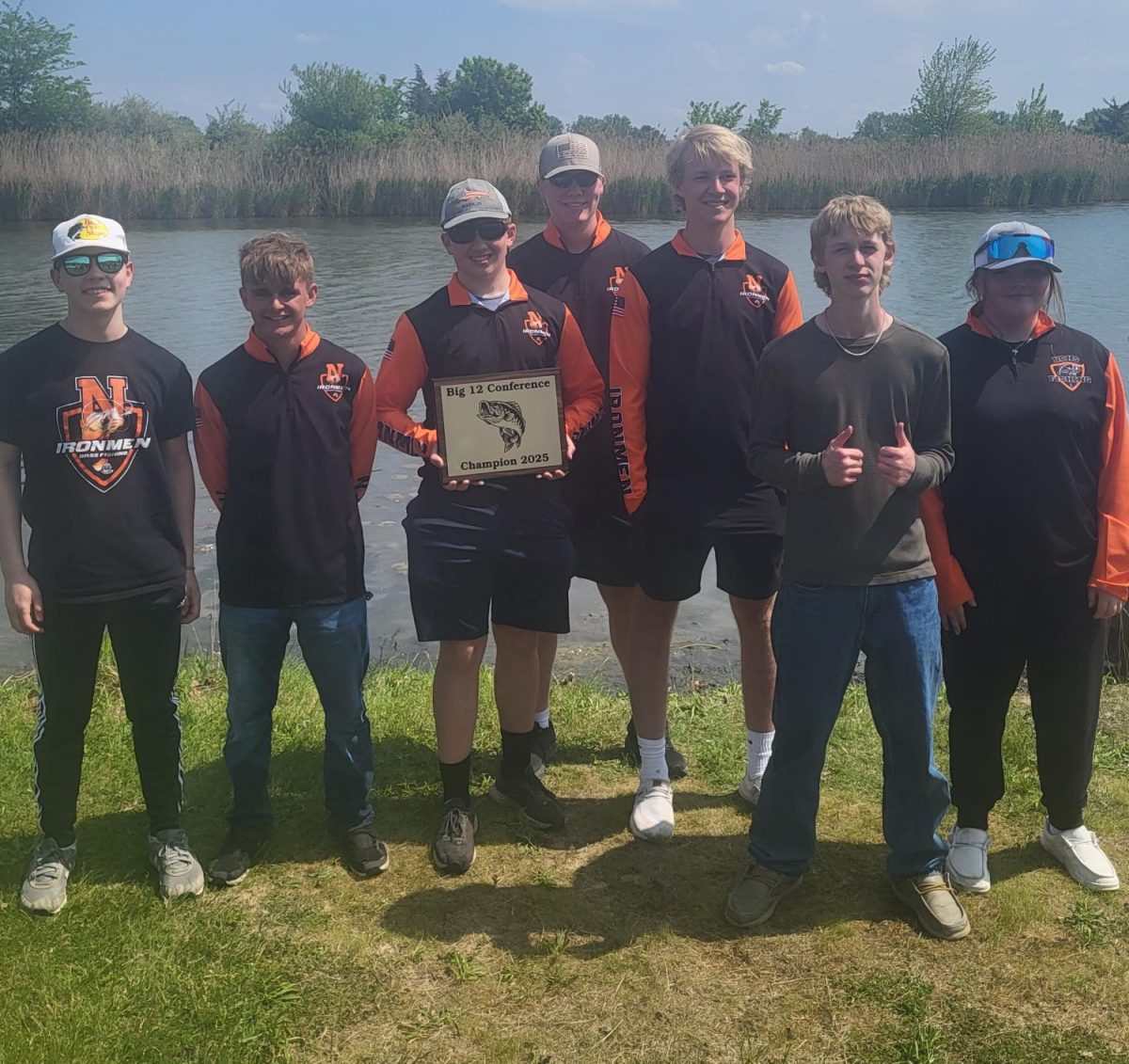

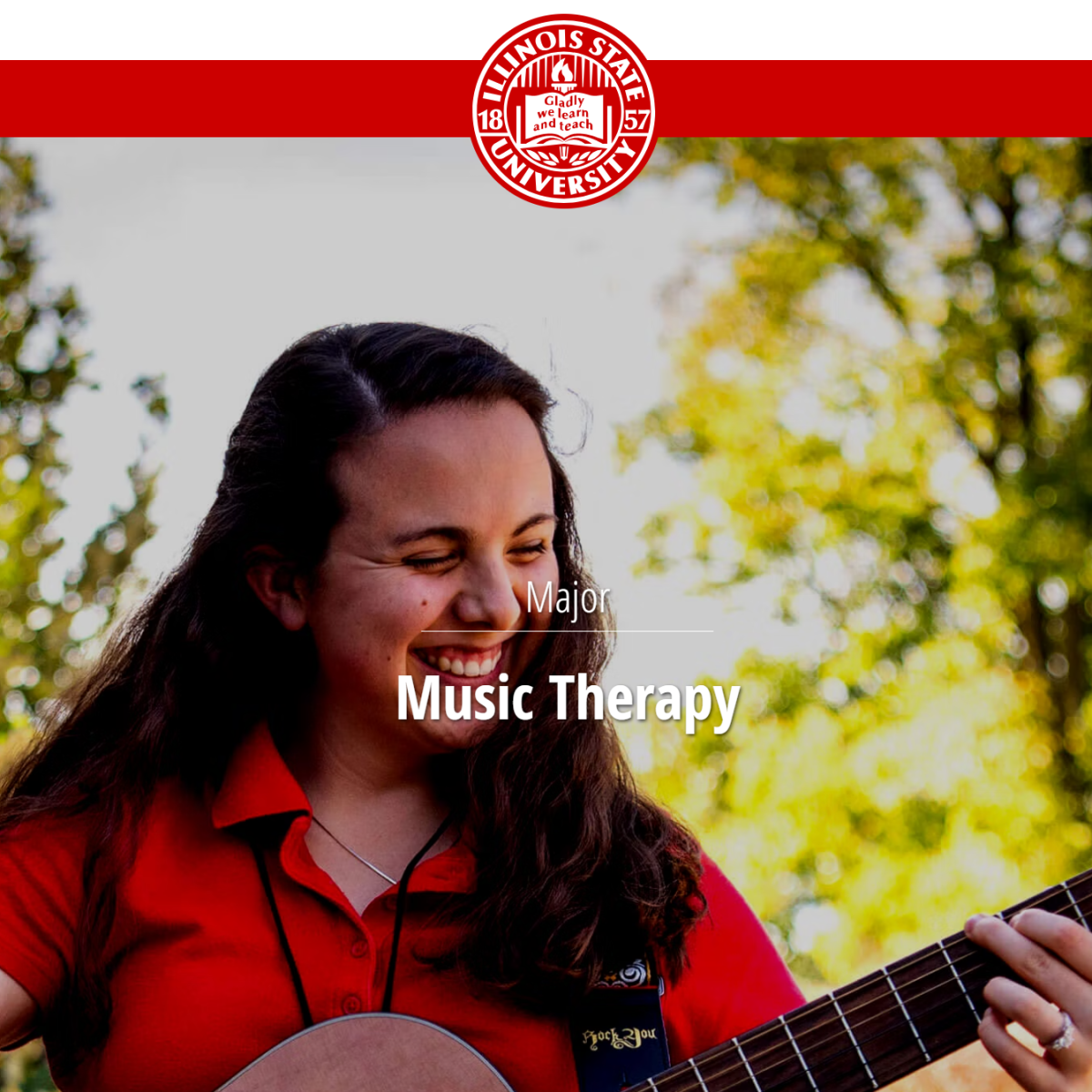
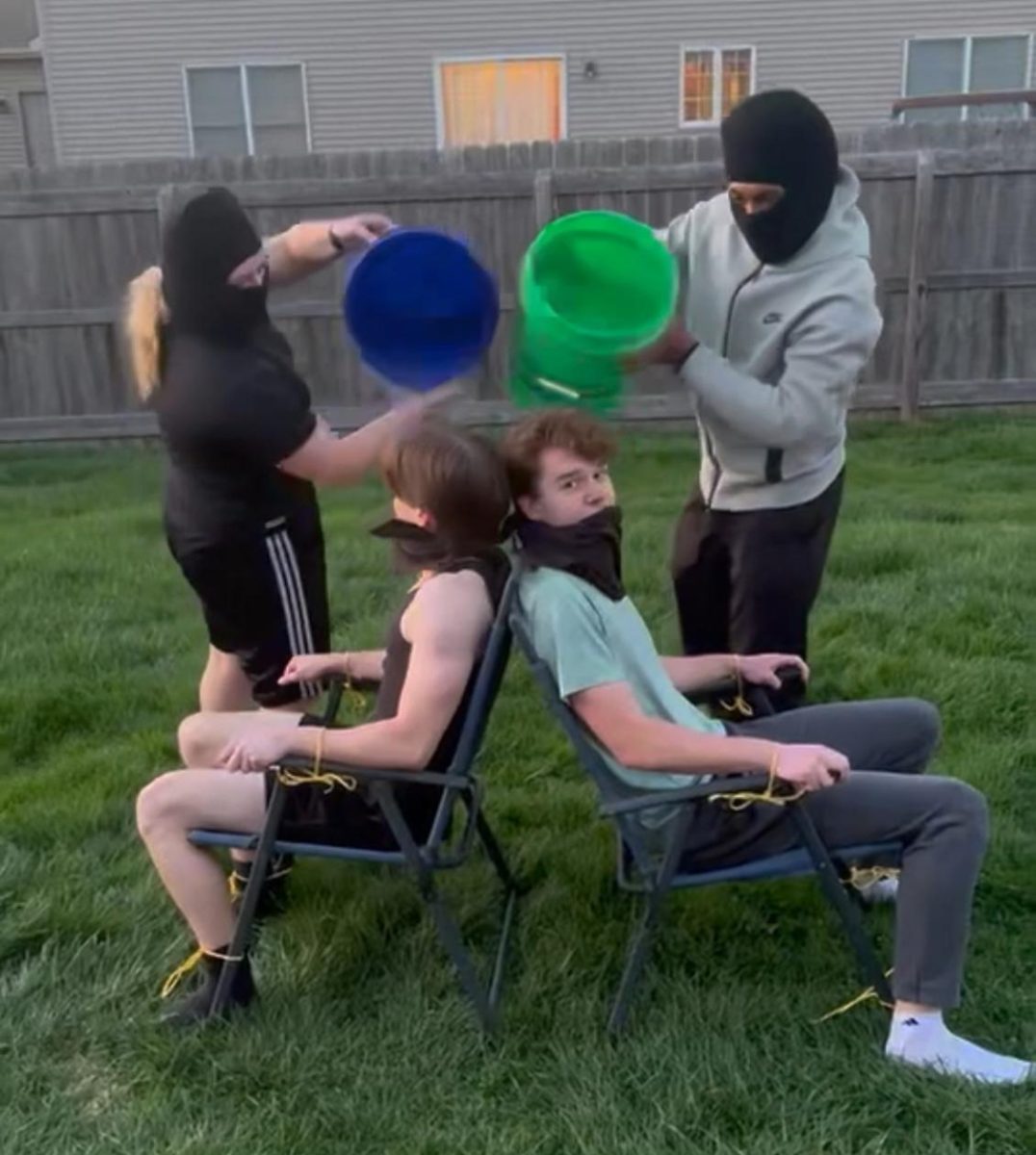





















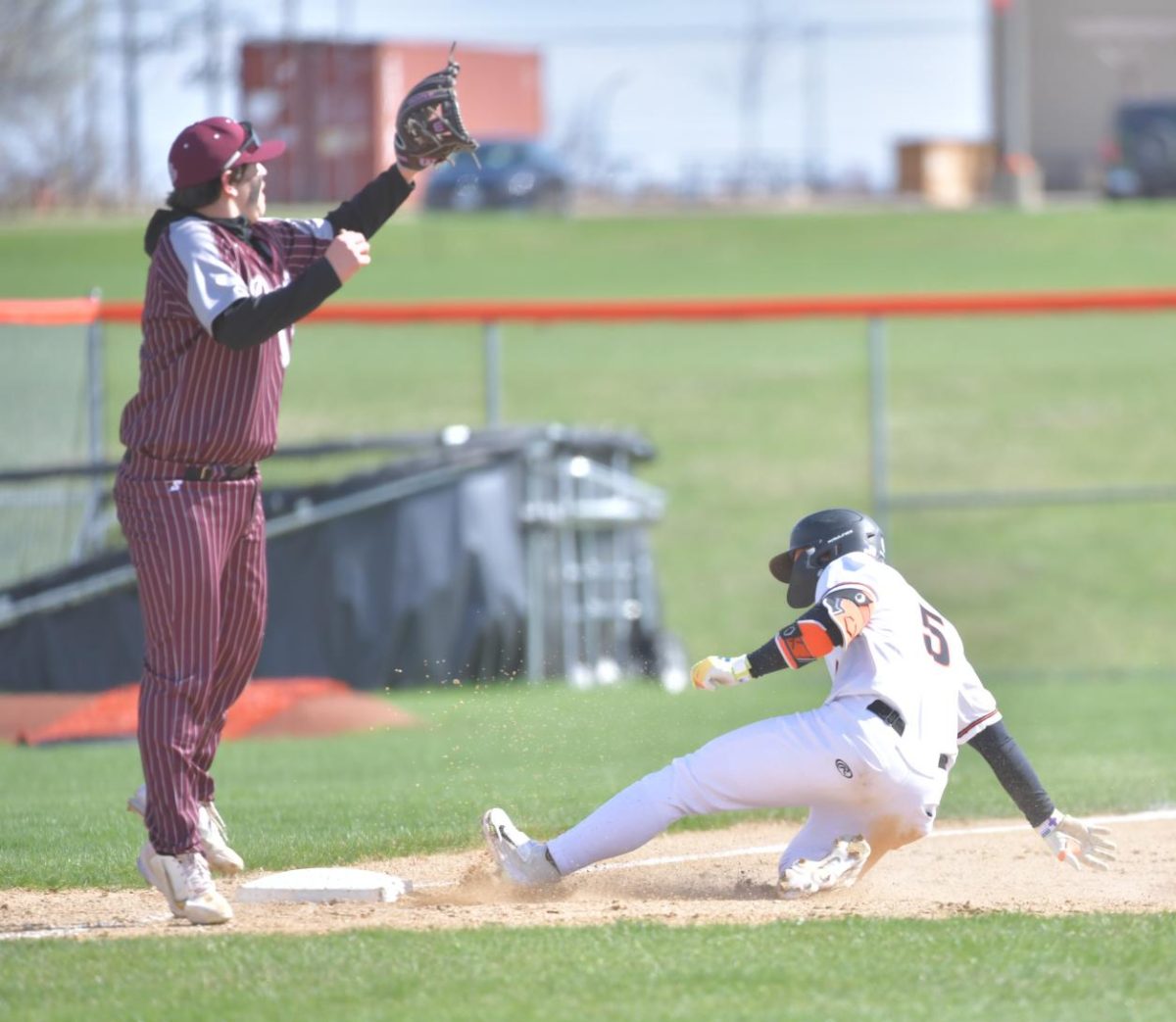
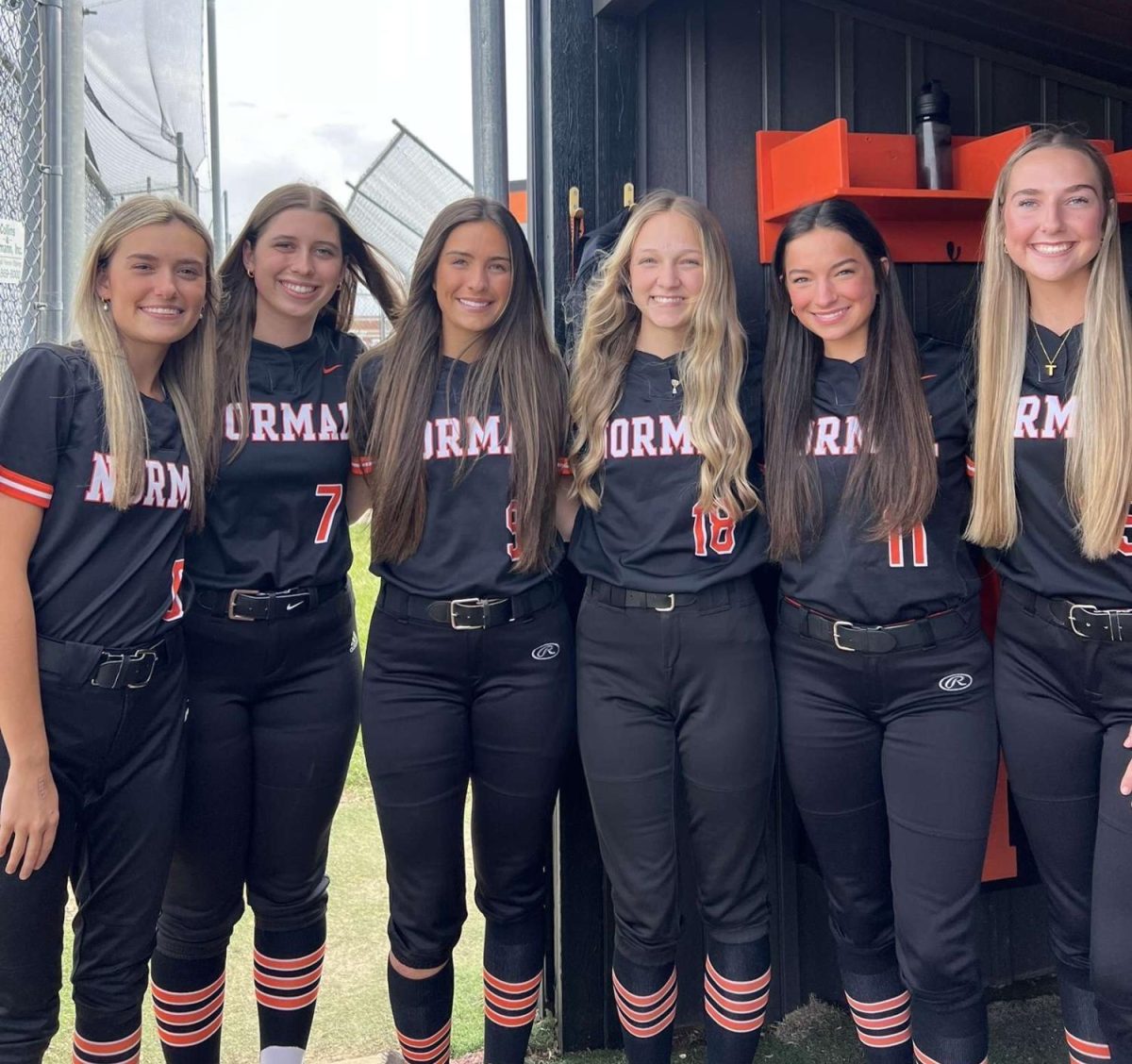
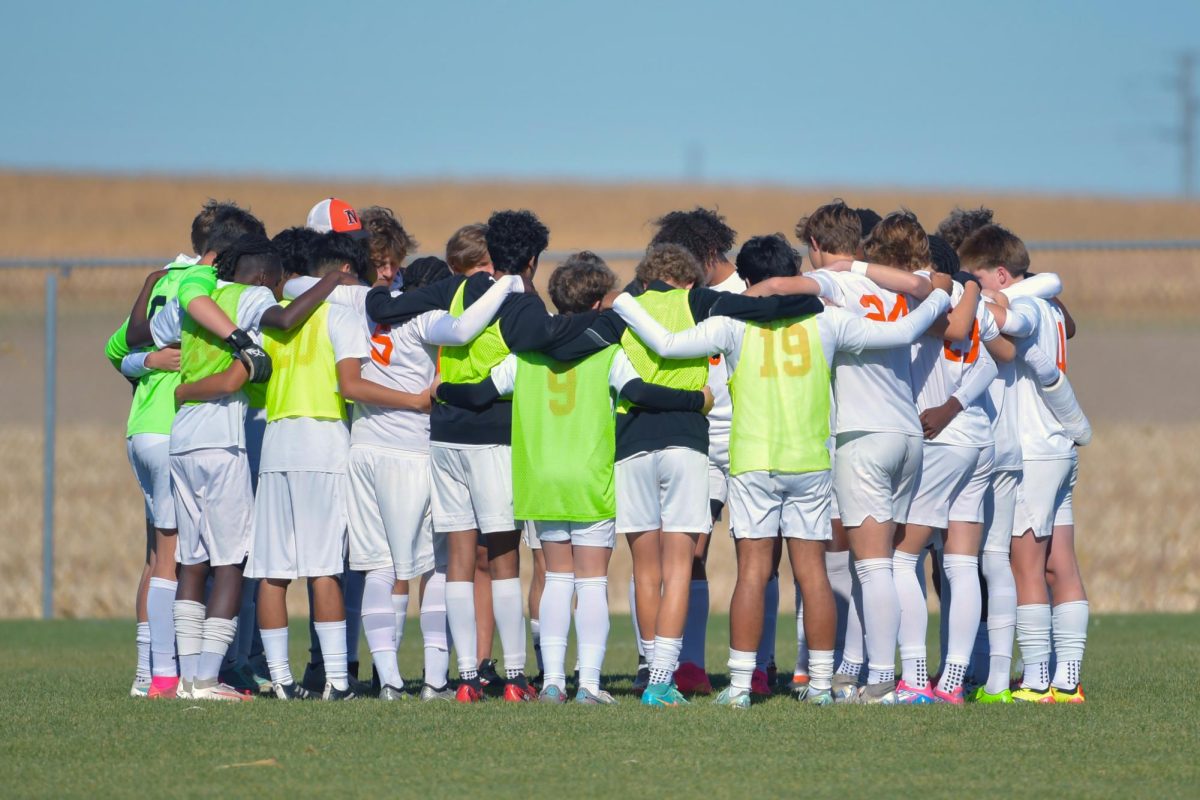
![Coach Drengwitz on the loss to Mt. Carmel, 2024 season [video]](https://nchsinkspot.com/wp-content/uploads/2024/11/Postseason-presser-feature-1200x800.png)
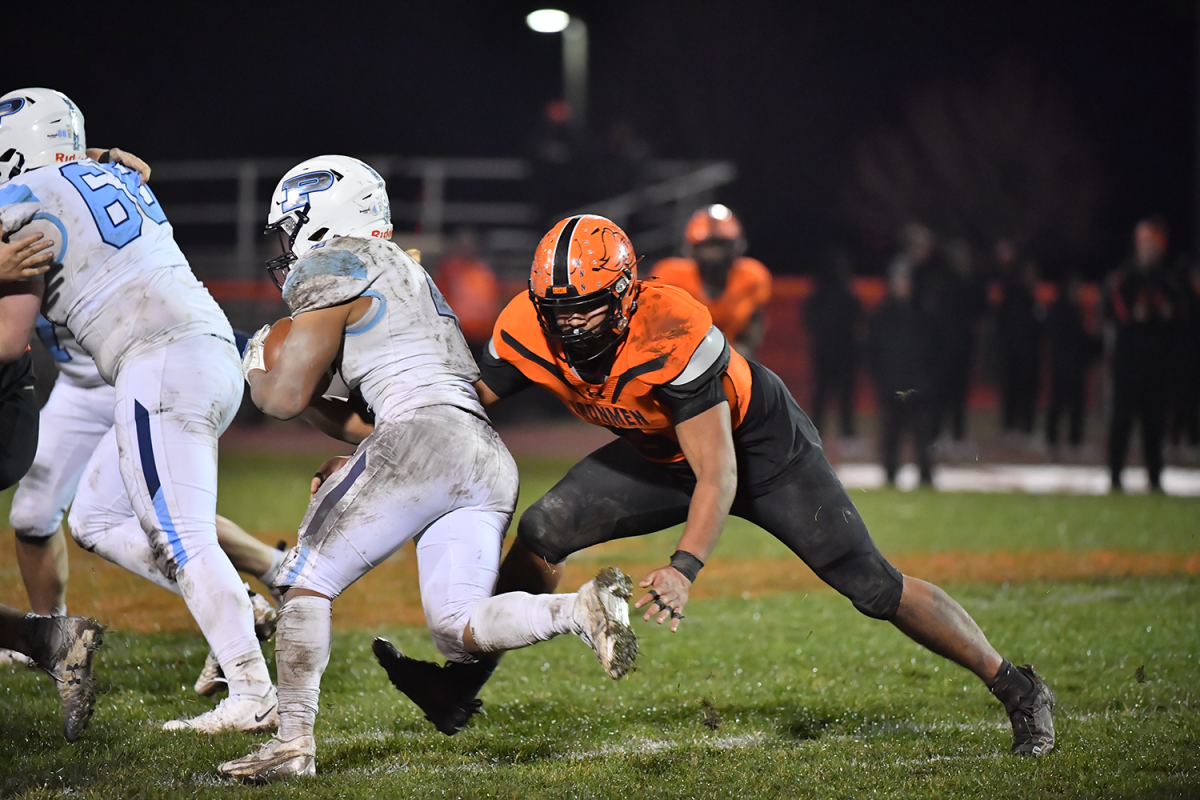
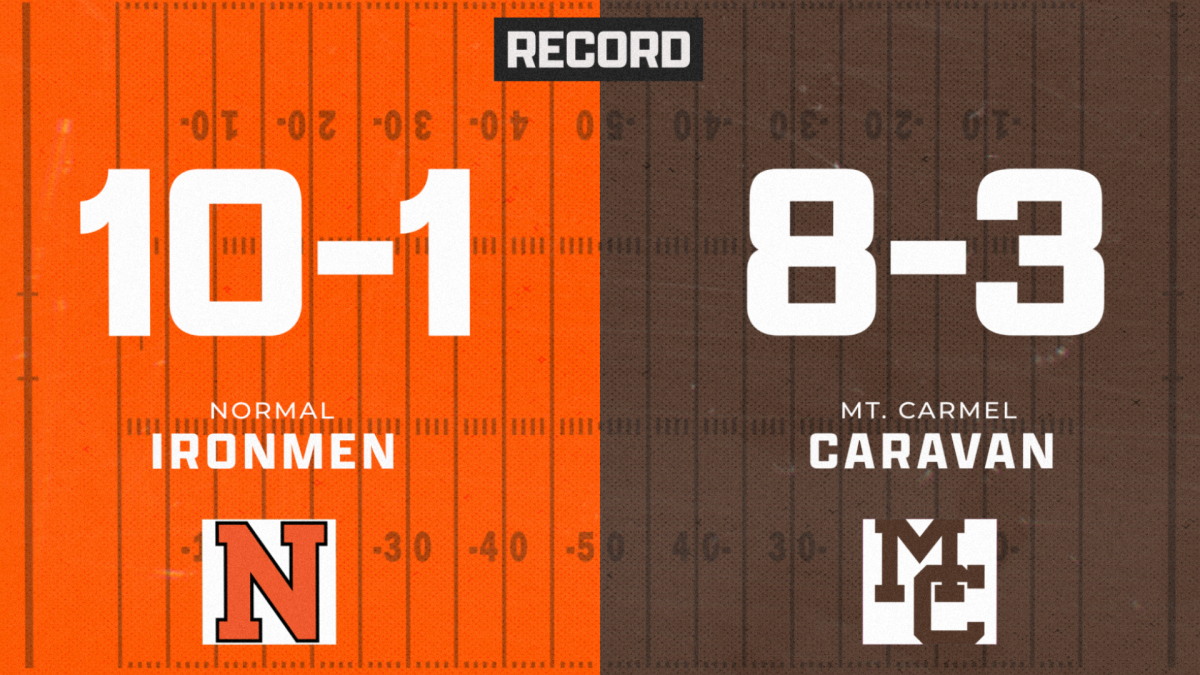
![IHSA 7A Football Playoffs Quarterfinals: Ironmen head coach on facing the Mt. Carmel Caravan [video]](https://nchsinkspot.com/wp-content/uploads/2024/11/0w12-web-feature-1200x800.png)









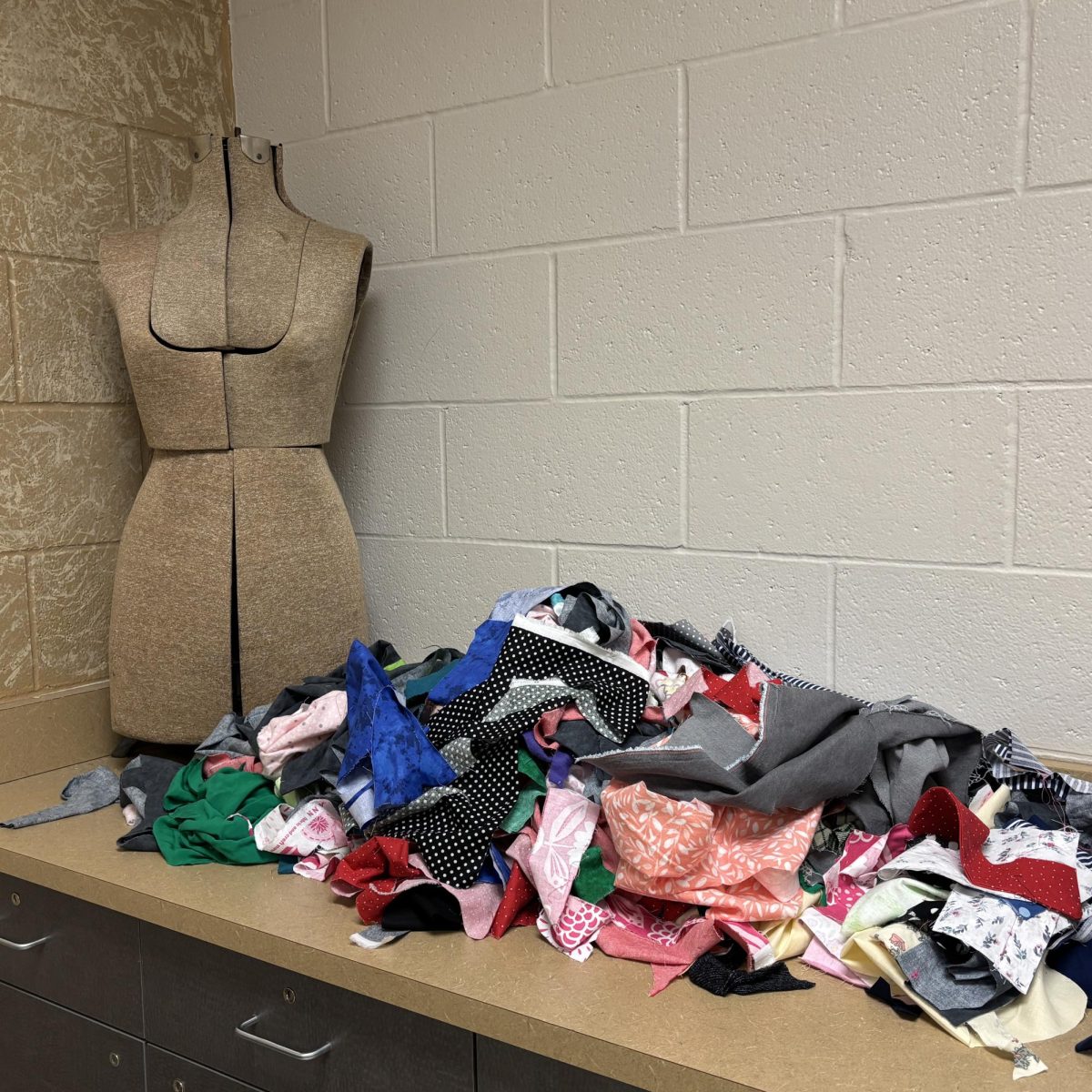

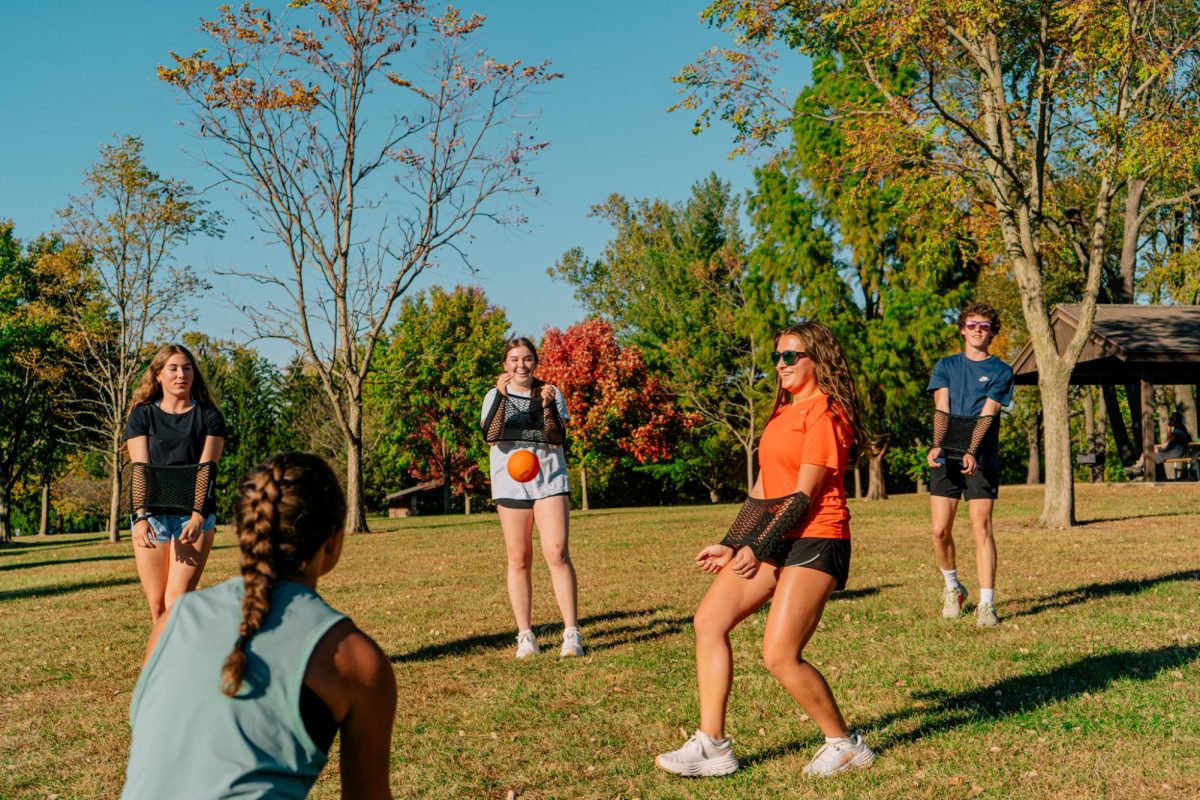

![Halloween candy cross section quiz [quiz]](https://nchsinkspot.com/wp-content/uploads/2022/10/Candy-cover-big-900x675.png)
![Average Jonah? [quiz]](https://nchsinkspot.com/wp-content/uploads/2022/05/average-jonah-900x600.png)











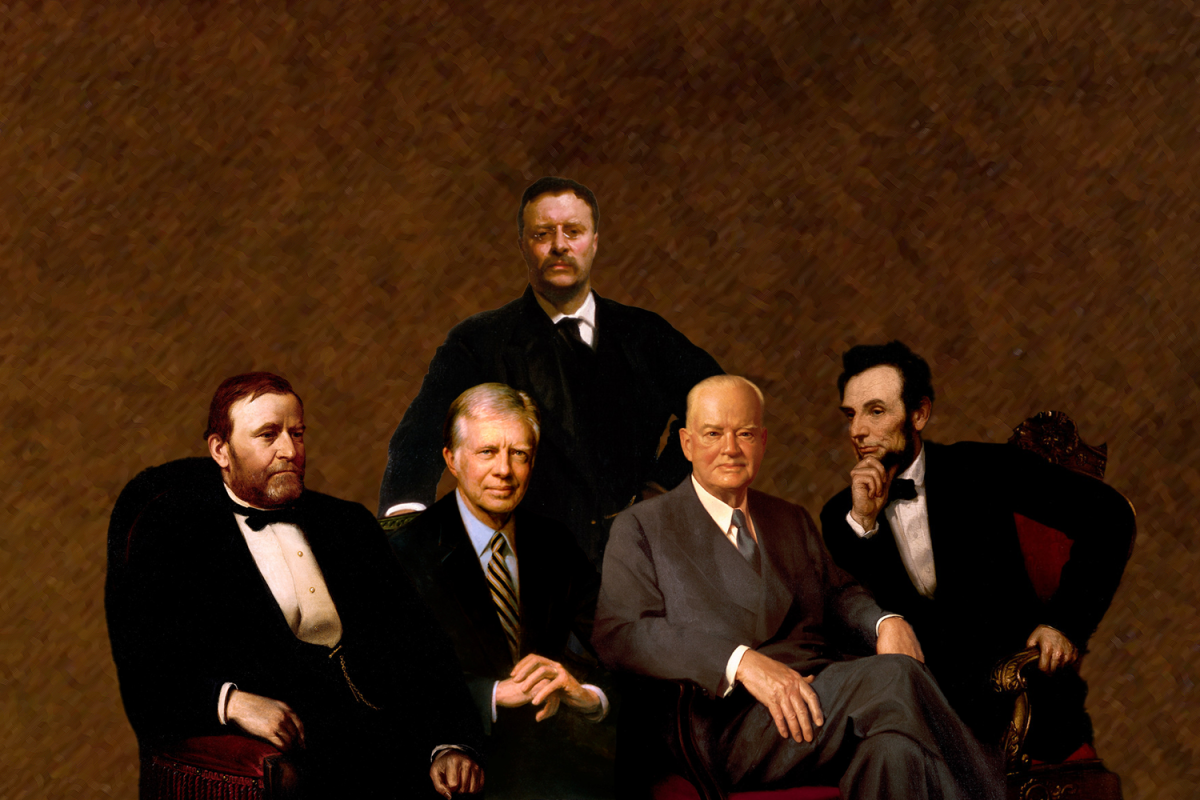

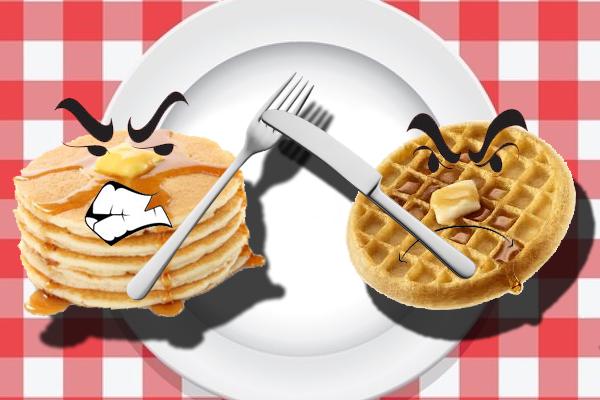








![Cell phone ban in schools? Community responds to proposed legislation [video]](https://nchsinkspot.com/wp-content/uploads/2025/04/Sequence.00_01_09_19.Still001-1200x675.png)




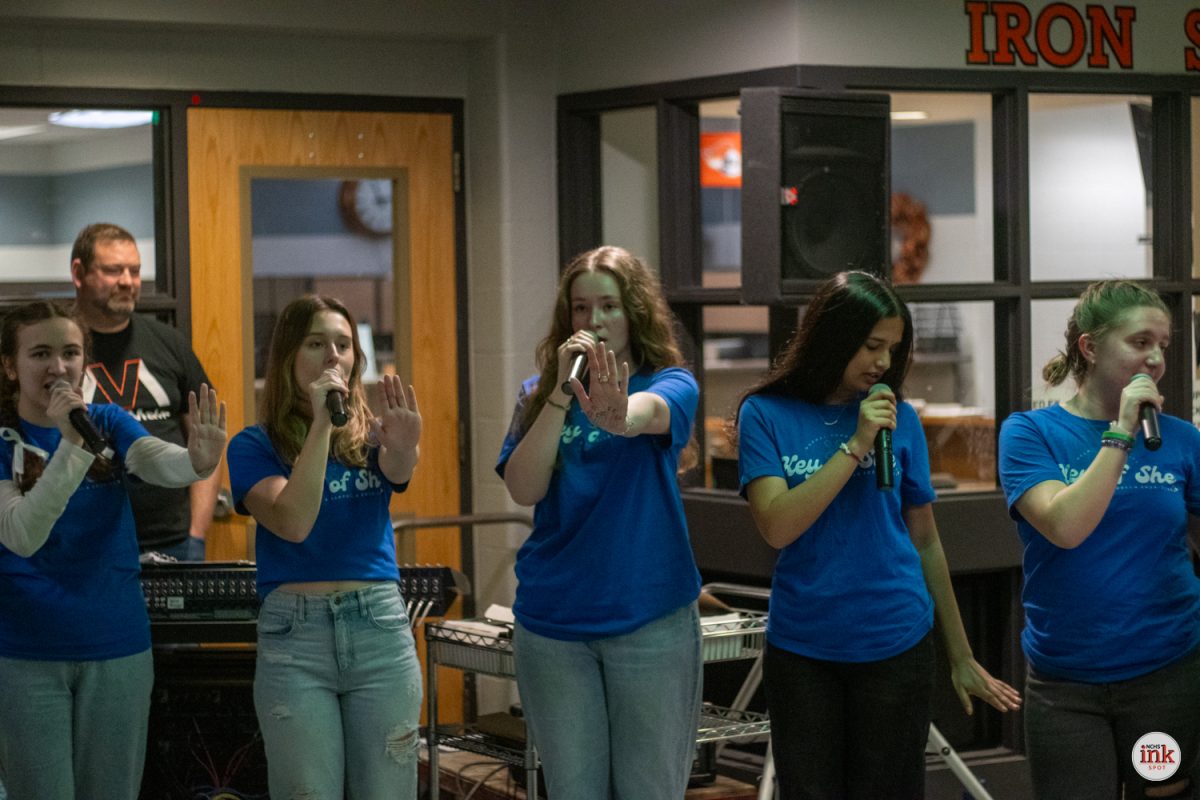
![Ironmen spring sports update: April 9 [video]](https://nchsinkspot.com/wp-content/uploads/2025/04/sports-recap-square-1200x1200.png)
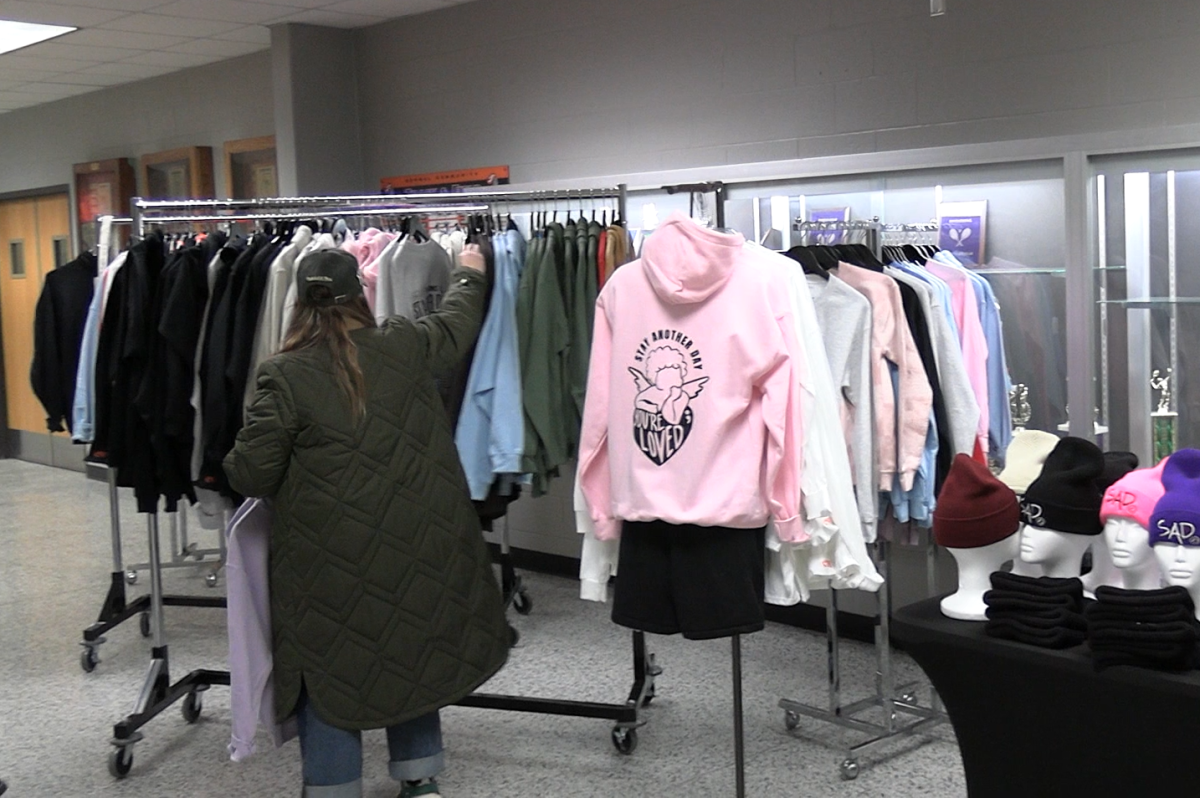
![Ironmen in the hunt: Coach Feeney talks Big 12 Title race ahead of PND matchup [video]](https://nchsinkspot.com/wp-content/uploads/2025/01/feeney-1200x675.png)
![On the Spot: This or That – Halloween [video]](https://nchsinkspot.com/wp-content/uploads/2024/10/tot-Halloween-YT-1200x675.png)
![On the Spot: This or That – Fall favorites [video]](https://nchsinkspot.com/wp-content/uploads/2024/10/ots-fall-web-1200x800.png)
![On the Spot – Teachers tested on 2023’s hottest words [video]](https://nchsinkspot.com/wp-content/uploads/2024/01/On-the-Spot-Teachers-tested-1200x675.png)








